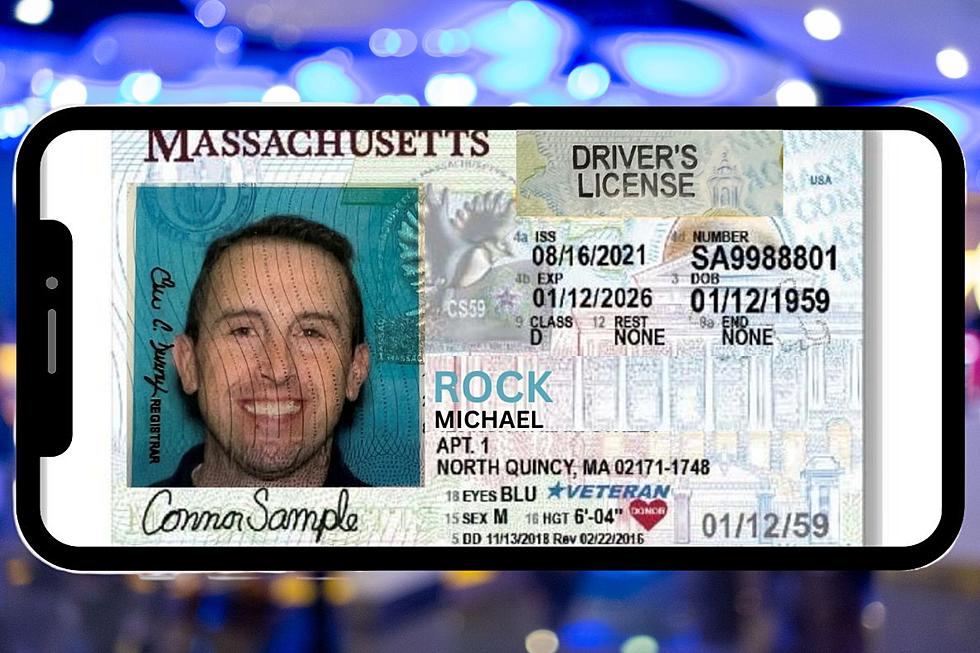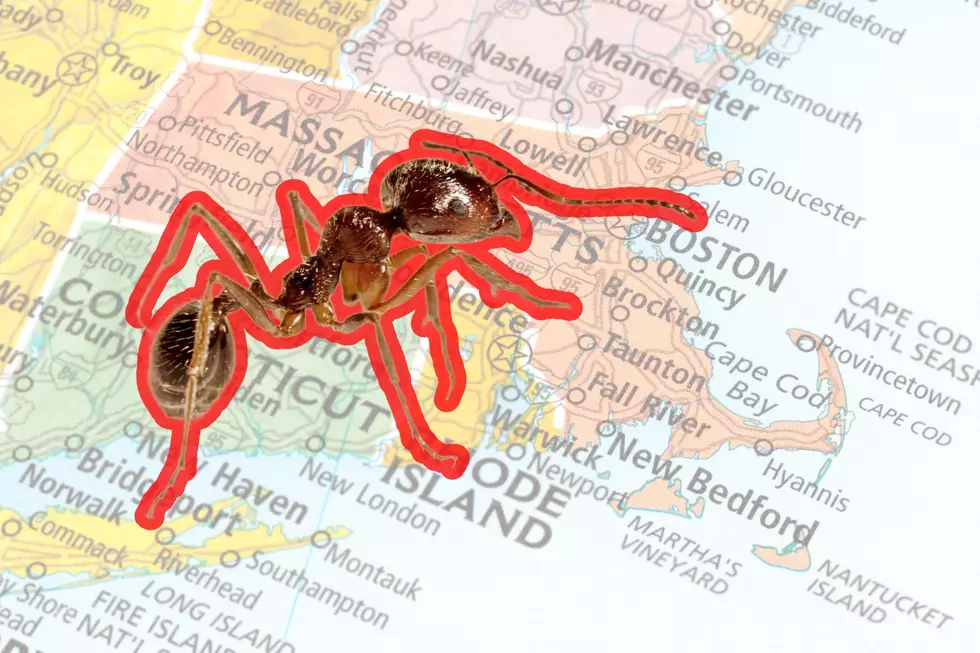
Massachusetts Raises West Nile Risk Level Statewide
BOSTON — The Massachusetts Department of Public Health (DPH) Tuesday announced it was raising the risk level for West Nile virus from low to moderate in every Massachusetts city and town and urged residents to take precautions against mosquito bites.
This is only the second time that public health officials have raised the risk level statewide. To date, there have been no reported human WNV cases in Massachusetts.
While WNV can infect people of all ages, people over the age of 50 are at higher risk for severe disease. WNV is usually transmitted to humans through the bite of an infected mosquito. Most people infected with WNV will have no symptoms. When present, WNV symptoms tend to include fever and flu-like illness. In rare cases, more severe illness can occur.
“August and September are the months when most human cases occur,’’ said DPH State Epidemiologist Dr. Catherine Brown. “That’s why we are taking this step today so together we can help keep people from getting sick.”
Avoid Mosquito Bites:
Apply Insect Repellent when Outdoors. DEET products should not be used on infants under two months of age and should be used in concentrations of 30% or less on older children. Oil of lemon eucalyptus should not be used on children under three years of age.
Be Aware of Peak Mosquito Hours. The hours from dusk to dawn are peak biting times for many mosquitoes.
Clothing Can Help Reduce Mosquito Bites. Wearing long-sleeves, long pants and socks when outdoors will help keep mosquitoes away from your skin.
Mosquito-Proof Your Home:
Drain Standing Water. Limit the number of places around your home for mosquitoes to breed by either draining or discarding items that hold water. Check rain gutters and drains. Empty any unused flowerpots and wading pools, and change the water in birdbaths frequently.
Install or Repair Screens. Keep mosquitoes outside by having tightly-fitting screens on all of your windows and doors.
Massachusetts Department of Public Health
More From WBSM-AM/AM 1420









